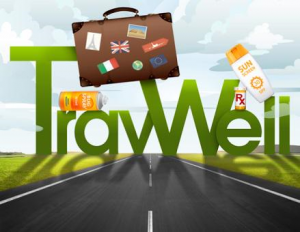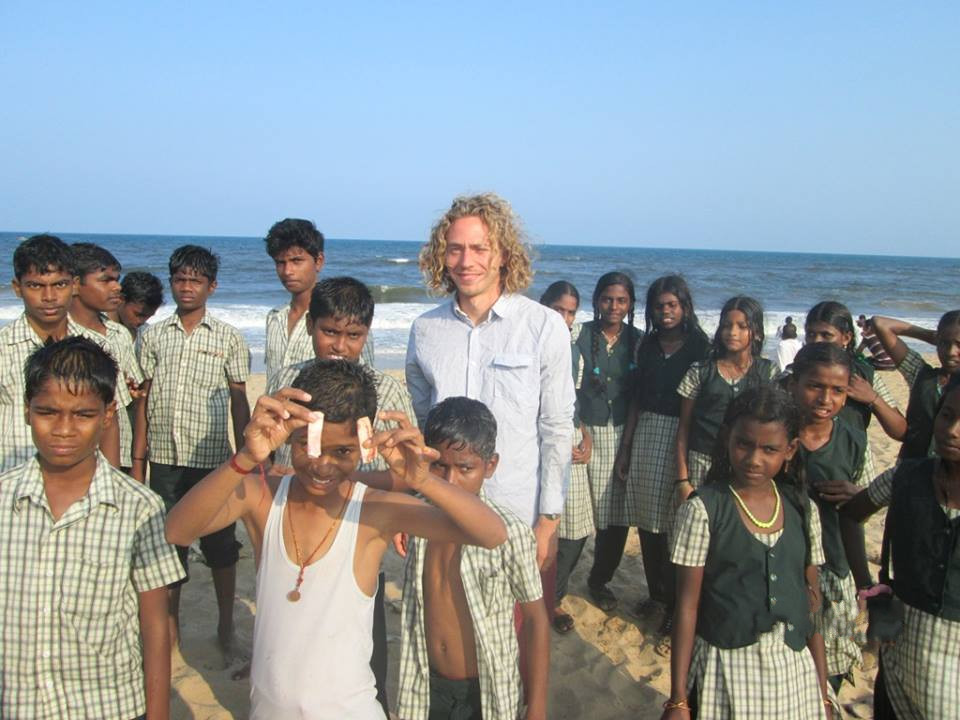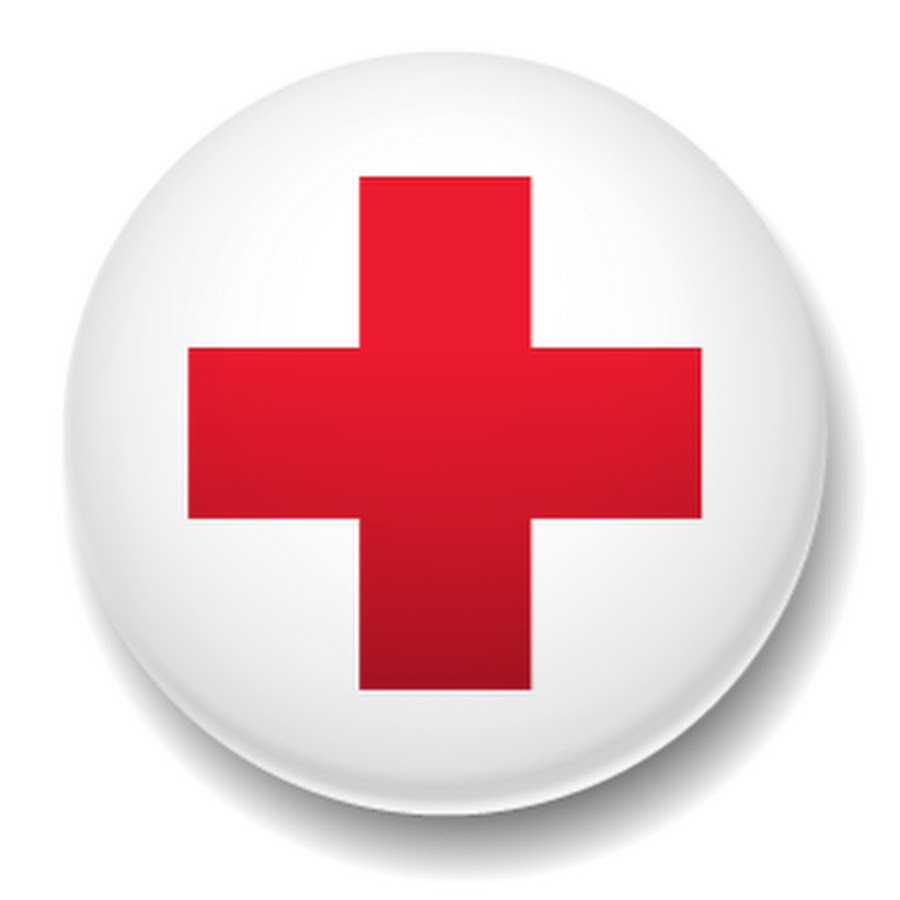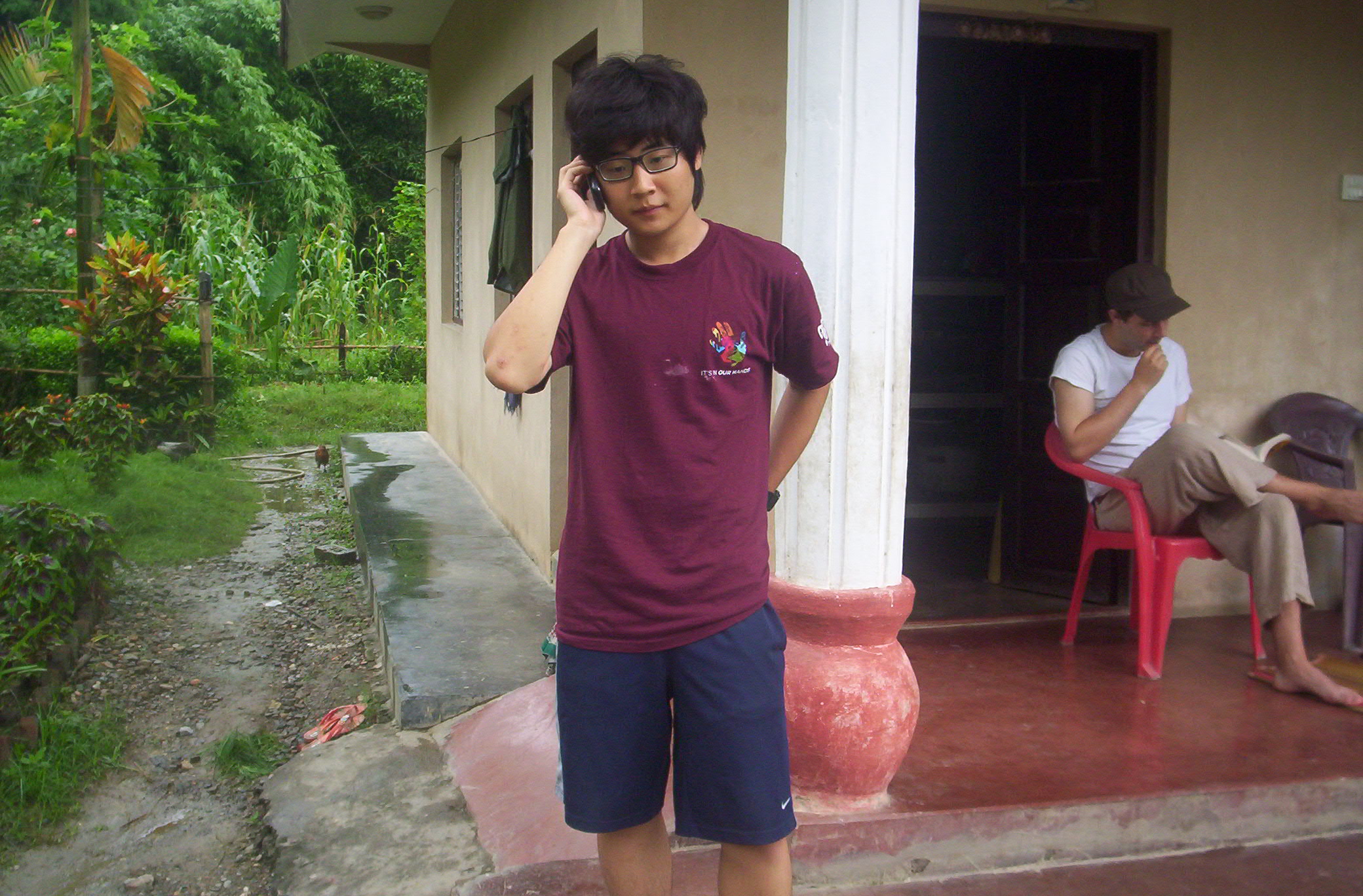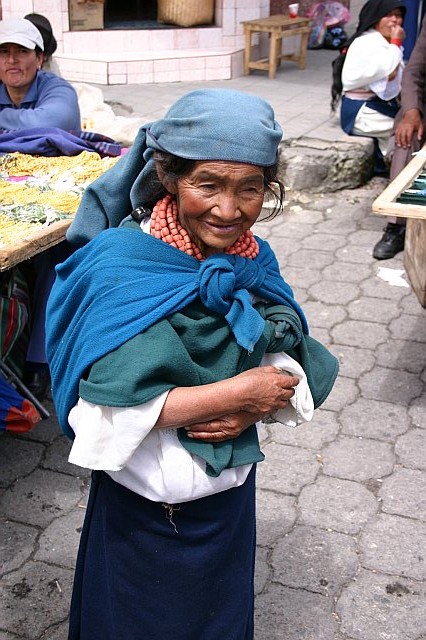For vaccination and health advice for volunteering abroad trips, we have always recommended the website of the Centers for Disease Control.
The CDC now has an app for that too. It’s called the CDC’s TravWell app available on iOS and Android.
As the CDC’s web page says, TravWell:
…helps you plan for safe and healthy international travel. Build a trip to get destination-specific vaccine recommendations, a checklist of what you need to do to prepare for travel, and a customizable healthy travel packing list.
The app also lets you store travel documents, keep a record of your medications and immunizations, and set reminders to get vaccine booster doses or take medicines while you’re traveling.
Key Features of TravWell
> Authoritative recommendations from the Centers for Disease Control and Prevention
> During-travel features available offline (no data connection needed)
> Fully customizable to do list and packing list
>Emergency services phone numbers for every destination
Lifehacker recently featured the app and wrote the following:
Different countries around the world have unique foods, styles, and cultures, but they also have their own diseases.
That’s why it’s important you get vaccinated four to six weeks before you travel internationally.
If you’re getting ready to jet set around the world, the Centers for Disease Control’s TravWell app can help you prepare your immune system.
Available for iOS and Android, CDC TravWell gives you clear instruction about what you need based on where you’re going and when.
After downloading the app, you can build a trip that can include multiple destinations.
Then TravWell will give you vaccine requirements and recommendations for each location, as well as a checklist of other things you should do before you take off.

